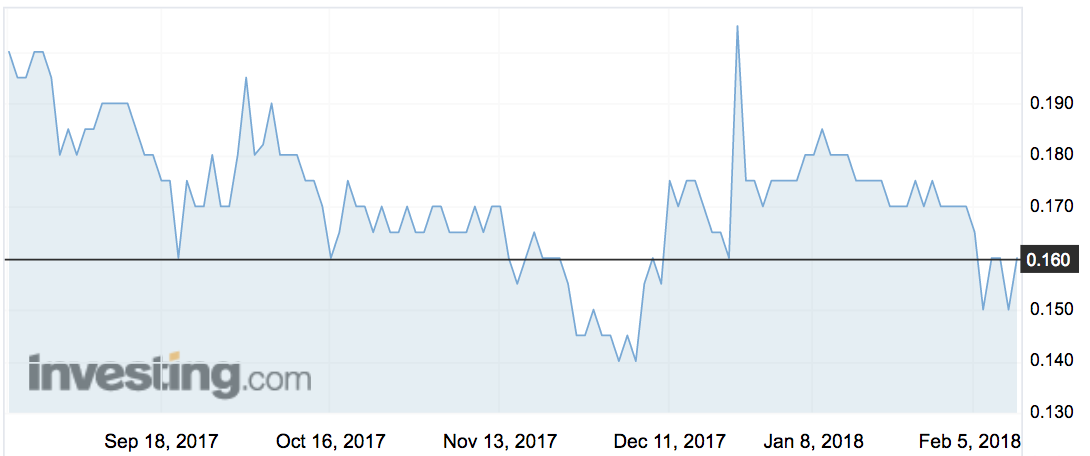Sky & Space is still chewing through cash but just made its first revenue

They've announced another binding contract for their initial nano-sat constellation today. Pic Getty
Sky and Space Global is still racking up big losses but its nano-satellite business has also made its very first revenue.
Its first revenue from customers: $632.
The company (ASX:SAS) posted a $4.9 million loss in the latter six months of 2017, compared to a $4.7 million loss in the same period in 2016.
Consultancy, marketing and admin costs were all higher than last year.
They had $4.6 million in cash and receivables by the end of December.
Just over $35 million in shares for hitting performance milestones were paid out compared to $31 million in 2016.
The shares closed down 3 per cent at 15.5c, compared to a 52-week high of 28.5c.
Milestones hit
In the last six months Sky and Space has hit a few milestones: it successfully sent phone calls and image transfers via its 3 Diamonds demo nano-sat network, its first constellation installed in orbit.
Sky and Space sent three “Cubesats” — 10cm x 10cm x 30cm nanosatellites — into orbit in June last year.
“This was a world first and represented the completion of the most critical technical and operational milestone for the company,” the company said.

They say they’re the first company to successfully use narrowband connectivity offered by nanosatellites to make a phone call.
‘Narrowband’ means the communications link uses a smaller frequency range, or bandwidth, and can only provide low data rates, such as 56 kbps.
Critically, in the last six months they’ve signed binding commercial agreements for the 3 Diamonds network with BeepTool after testing a financial transaction, and wholesale customer Sat-Space Africa.
Today they said they’ve a five year binding contract with Ghanian telco provider Universal Cyberlinks (UCL), its first deal in that country.
- Bookmark this link for small cap breaking news
- Discuss small cap news in our Facebook group
- Follow us on Facebook or Twitter
- Subscribe to our daily newsletter
“UCL will use the coverage and connectivity services provided by SAS to advance a number of government funded projects in agriculture and public services,” Sky and Space told investors.
The first project is in the cocoa industry to enable the Ministry of Agriculture and Cocobod (Cocoa Board) to monitor production and supply across the country.
UNLOCK INSIGHTS
Discover the untold stories of emerging ASX stocks.
Daily news and expert analysis, it's free to subscribe.
By proceeding, you confirm you understand that we handle personal information in accordance with our Privacy Policy.








